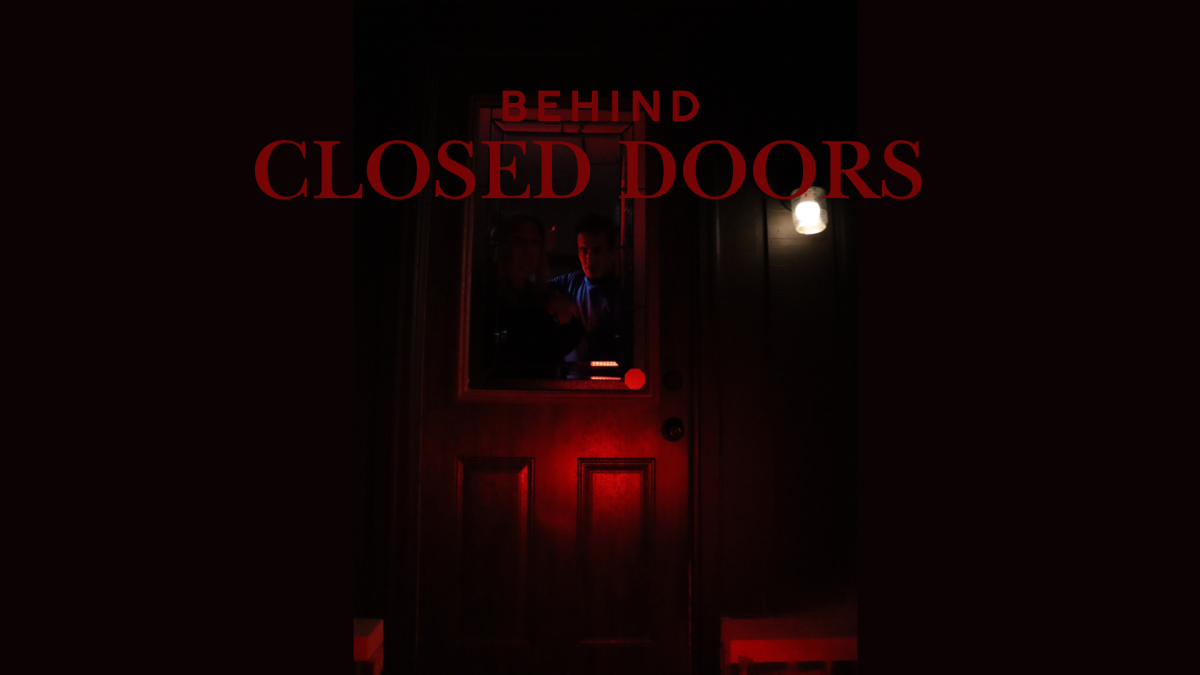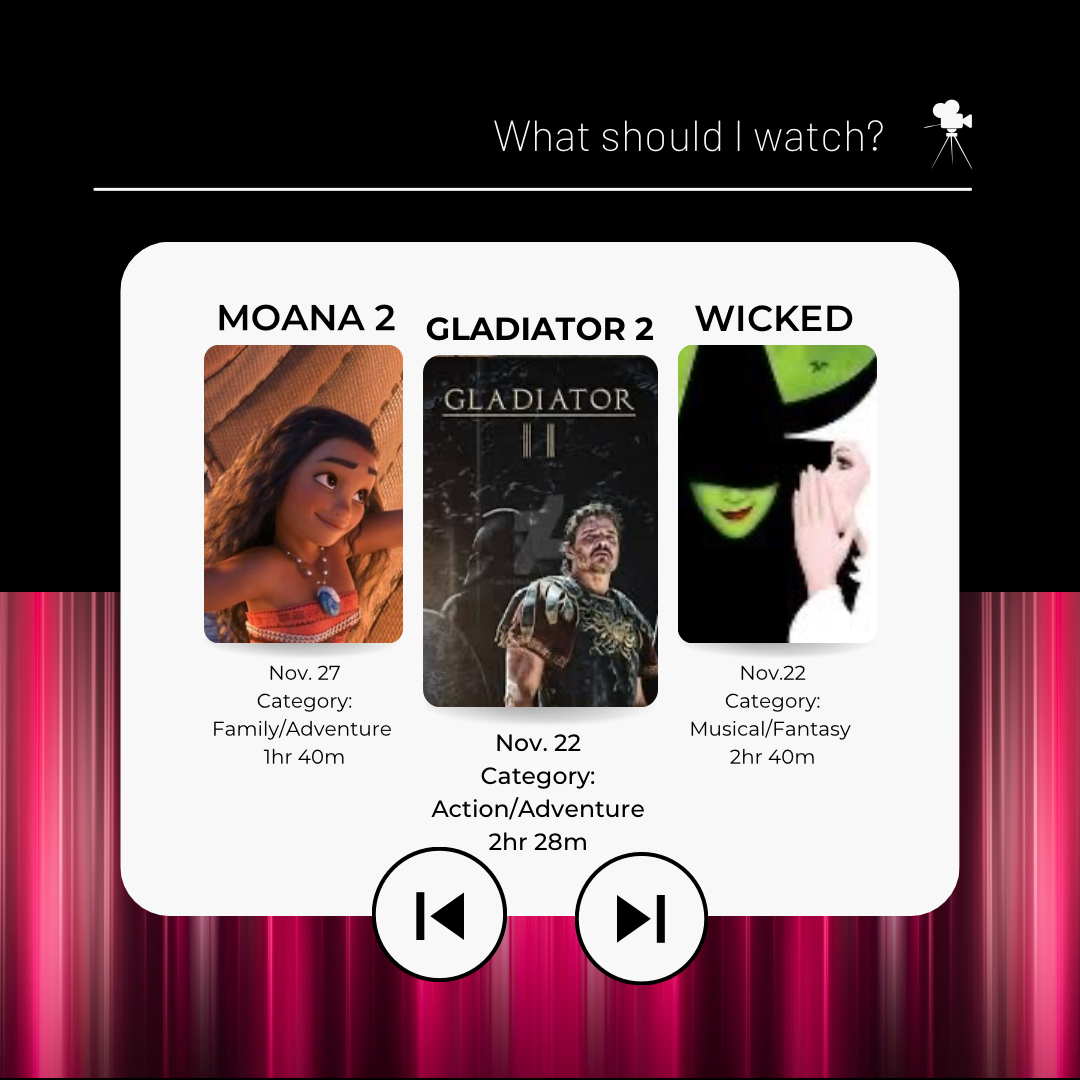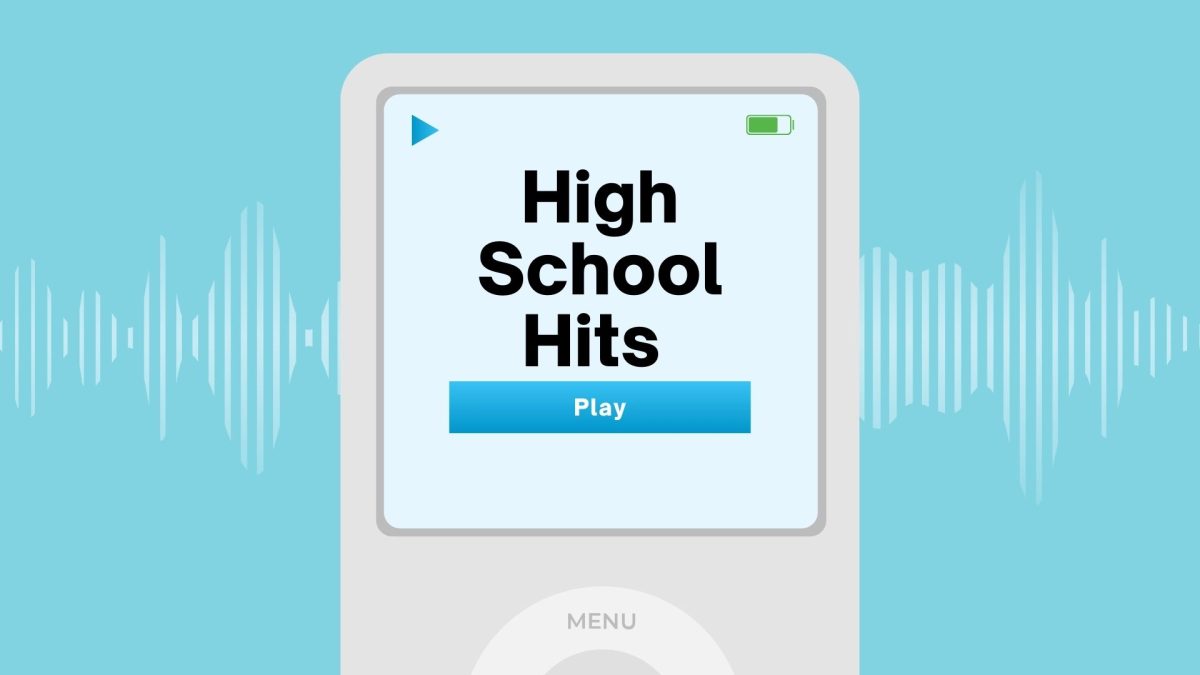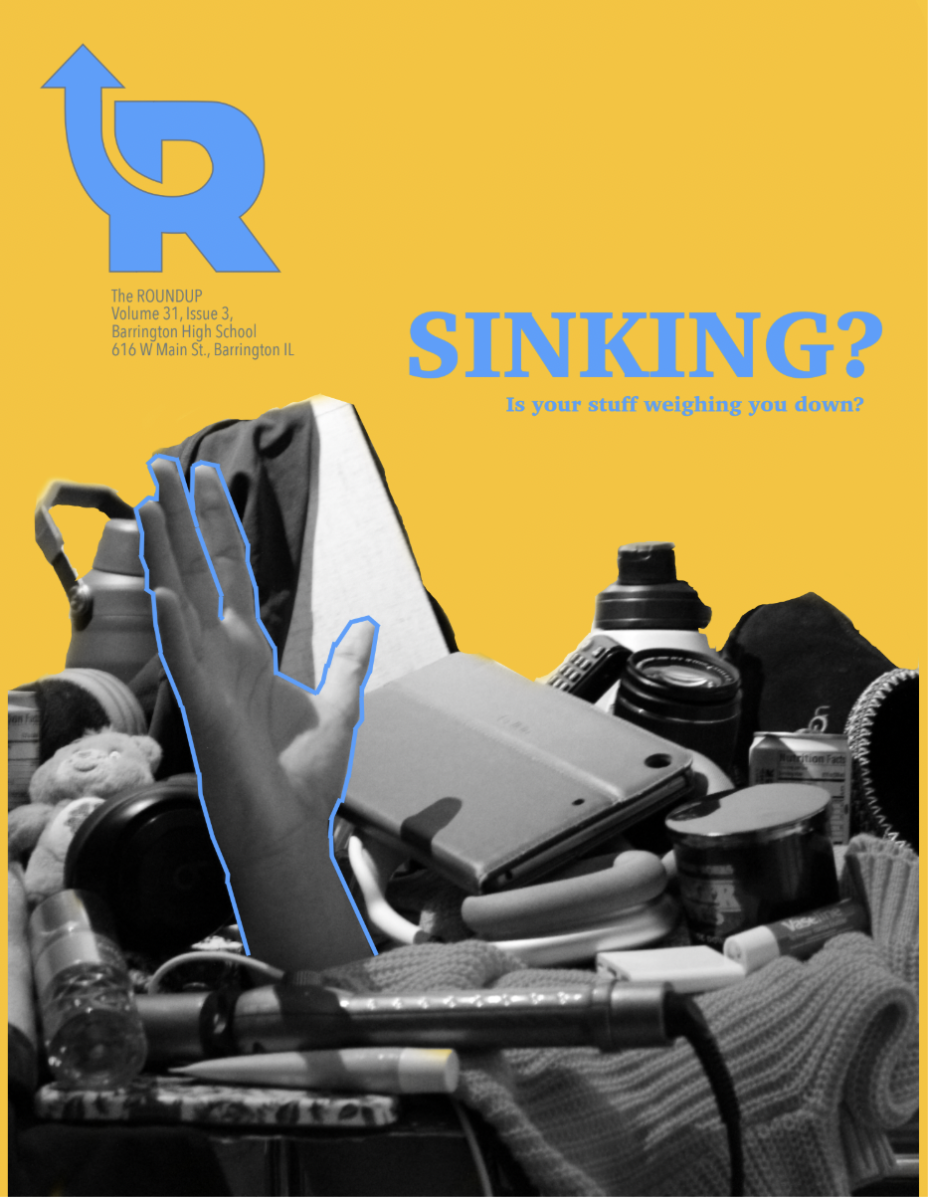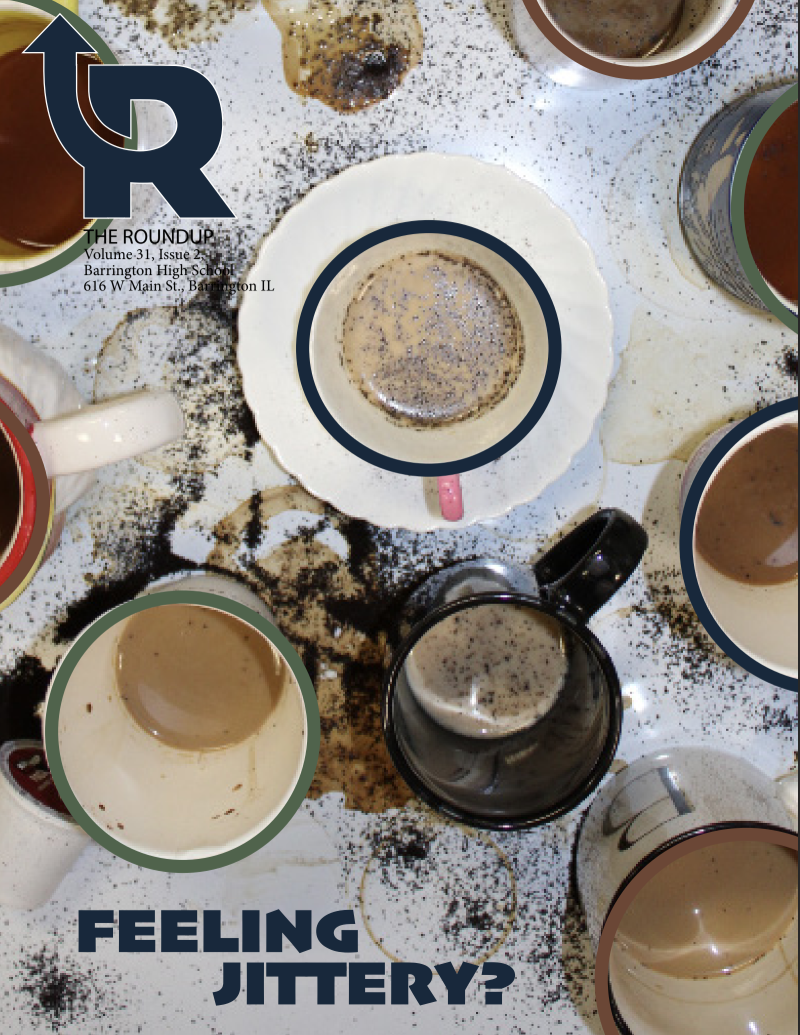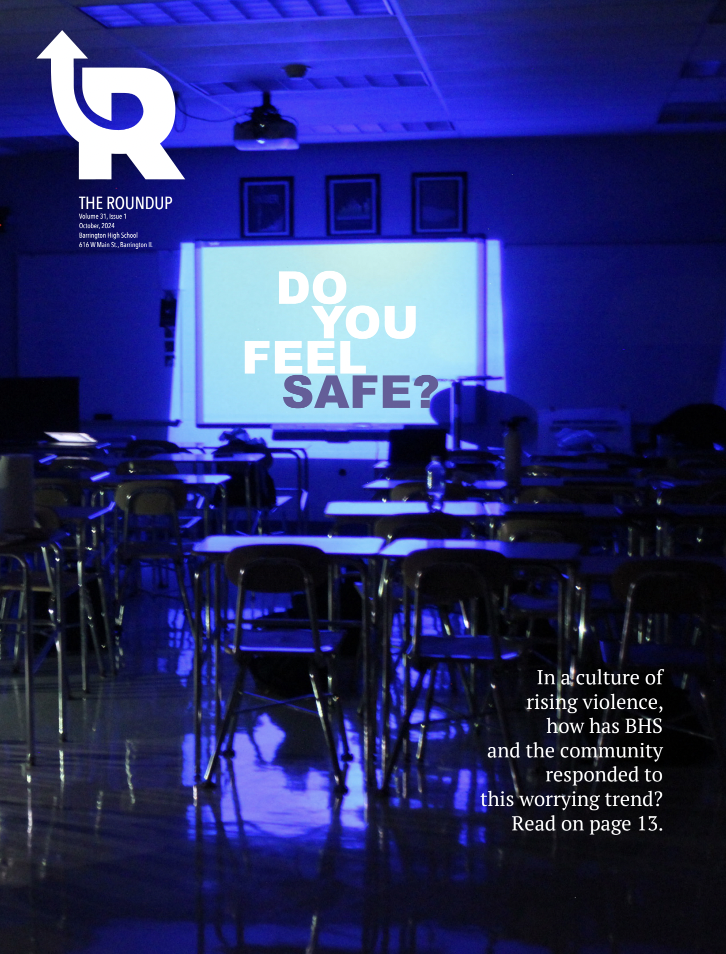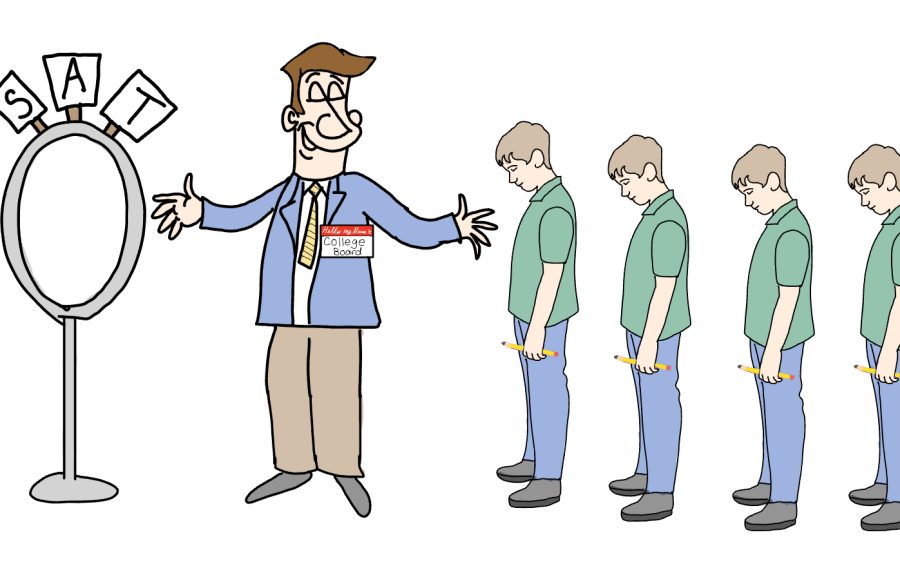Jumping through hoops
It’s 3:30 pm and I’m trudging from the Commons over to my “SAT prep class.” It’s the hoop I’m told I have to jump through to ensure I do well enough on the SAT, so I can get into a good college, so I can get into an even better graduate school, so I can have a stellar career (in a field I am passionate about, but have no idea what it is), and drive off into the sunset in an orange jeep. (Wait! If I already have an orange jeep can I just … skip all these steps?? And is “If You Give a Mouse a Cookie” really the blueprint to life?)
As I numbly greet a fellow student heading into this prep class, I can’t help but wonder how a standardized test can really be the lynchpin to life. Isn’t anything “standardized” the antithesis of the American Way, which values individualism, independence and self-determination? Aren’t we taught from our earliest days to march to the beat of a different drummer, however measured or far away? And now I am trying to demonstrate just how standardized I am, and am even practicing at it.
But maybe this philosophical conundrum is slowly being resolved and we are realizing we’ve been swindled (thanks College Board) and the emperor (us!) is not wearing any clothes (the “benefits” of a standardized college entry test).
Forbes reports that for the fall 2023 college application season, “more than 80% of U.S. bachelor-degree granting institutions will not require students…to submit either ACT or SAT standardized exam scores.” It seems the pandemic loosened the vice-like grip the College Board has on college entry requirements.
Included in those schools that no longer require ACT or SAT standardized exam scores are “all eight institutions in the Ivy League and many other elite universities such as Duke, Johns Hopkins, Northwestern, Rice, Stanford, and Notre Dame, as well as prestigious liberal arts colleges like Amherst, Bates, Colby, Middlebury and Wesleyan College.” Test-optional admissions procedures were initially implemented to accommodate applicants during the Covid-19 pandemic, but test-optional stuck, and the shift away from requiring standardized test scores has become the prevailing policy across the nation.
In addition, some schools are test-blind, which means that even if a student submits SAT or ACT scores, the school will not consider them during the application process. The entire California public university system, made up of the ten-campus University of California and the California State systems, as well as a majority of public flagship universities, attended by millions of students is now test-blind.
Test optional and test blind policies are a good thing for all of you great students who may not be great standardized test takers. (I mean, is there really only one right answer?) “We all know people who are very gifted academically and they are just not good standardized test-takers,” says Anna Ivey, founder of Ivey Consulting, a college and graduate school consulting firm. “That is a very real phenomenon” (it’s real – when in doubt, answer “C”).
Illinois has joined the ranks of states making it optional for students to submit standardized tests to apply to Illinois public colleges and universities. The Higher Education Fair Admissions Act, which applies to all public universities and community colleges in Illinois, sets forth that those institutions “may not require applicants who are residents of the State of Illinois to submit standardized test scores to the institution as a part of the admissions process, and the submission of standardized test scores to the institution shall be at the option of the applicant.” The law took effect January 1, 2022.
According to State Sen. Christopher Belt, D-Swansea, who sponsored the bill, “the law makes it easier and cheaper for Illinois students to apply to college…and a high school record is a better predictor of success in college than a one-time test.” Moreover, this change in policy in Illinois “levels the playing field for students who can’t afford the testing fees and who can’t spend the money to take pricey test prep classes,” says Bob Schaeffer, executive director of FairTest.org.
Applicants’ use of SAT/ACT scores on college applications is waning as quickly as schools are making such scores not mandatory. In the fall 2021 college application cycle, about 20% of applicants had no recorded SAT or ACT score, according to data from the Admissions Research Consortium of the College Board, the not-for-profit organization that administers the SAT. Half submitted an SAT or ACT score and 30% had a score but chose not to submit it.
Despite this policy change in Illinois college admission requirements, Illinois still mandates students take the SAT to graduate high school. Indeed, Illinois just entered a multimillion dollar three year contract with the College Board (which rakes in more than a billion dollars a year in revenue) to administer tests to highschool students throughout Illinois. Illinois.gov sets forth: “the College Board’s SAT is the state’s required accountability assessment for high school and also serves as a free college admissions exam (free but for the taxes we paid for the $25+ million dollar contract with College Board). All public school students in 11th grade must take the SAT with essay in order to graduate with a regular diploma.”
To the extent states (like Illinois) continue to use these standardized tests as an “accountability assessment for high school,” (i.e. use the test to demonstrate how well a school is performing) it seems schools won’t be getting the best accountability results if the students themselves don’t need these scores to enter college.
Meanwhile, I settle into “SAT class” and prepare for that leap through the standardized-SAT hoop, but my mind wanders as I start planning my application to those California-dreamin’ schools that are blind to standardized tests.
Your donation will support the student journalists at Barrington High School! Your contribution will allow us to produce our publication and cover our annual website hosting costs.












